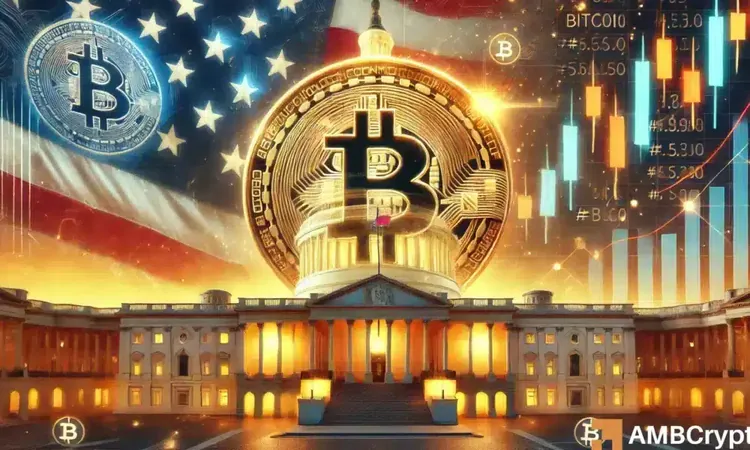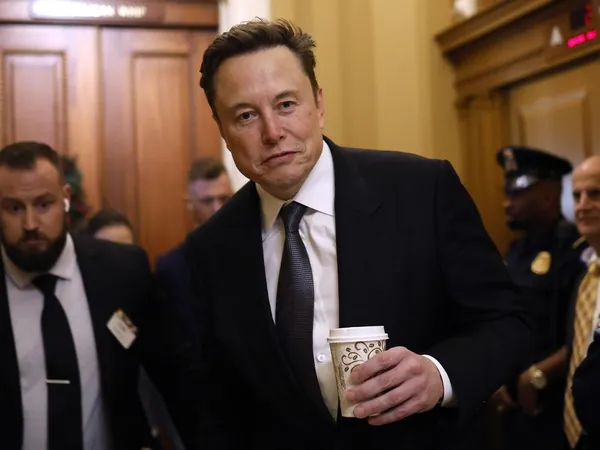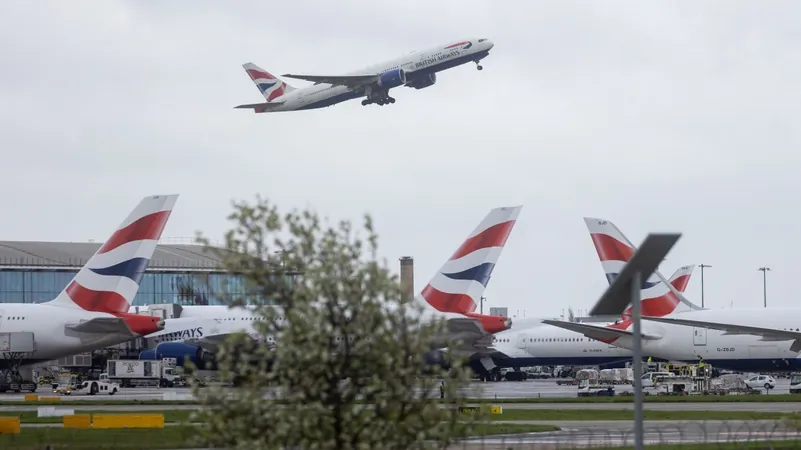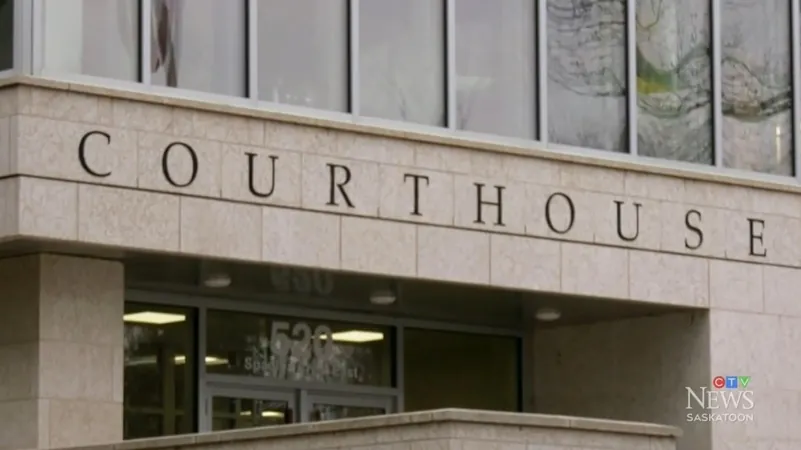
200,000 BTC and Counting: Is Trump’s Strategic Bitcoin Reserve on the Horizon?
2025-01-06
Author: Jacob
200,000 BTC and Counting: Is Trump’s Strategic Bitcoin Reserve on the Horizon?
Amid escalating financial tensions and a changing global landscape, reports indicate that former President Donald Trump’s administration is moving forward with plans to establish a robust Strategic Bitcoin Reserve in the United States, reportedly amassing nearly 200,000 BTC. This ambitious initiative appears to align with Trump’s previous campaign pledges and ignites substantial discussions about its implications for both national and global economies.
The global interest in Bitcoin as a financial asset continues to grow, as countries like Switzerland, Bhutan, and El Salvador have begun to weave Bitcoin into their economic frameworks—significant moves that signal a shift in traditional monetary policies. The adoption of Bitcoin as an alternative financial resource highlights the urgency felt by nations struggling with economic stability, especially in light of soaring inflation and fluctuating fiat currencies.
Notably, Federal Reserve Chair Jerome Powell’s recent comments have stirred speculation within the cryptocurrency community. During a press briefing, Powell stated, 'We’re not allowed to own Bitcoin. But the Federal Reserve Act says what we can own, and we’re not looking for a law change.' This statement raises questions about the roles of government entities in the evolving cryptocurrency landscape, especially as more nations explore the potential for Bitcoin reserves.
Industry experts are vocal about the strategic advantages of such reserves. Alistair Milne from the Altana Digital Currency Fund highlights that maintaining significant Bitcoin holdings could create a 'de facto' reserve, thus stabilizing the crypto's supply and potentially increasing its value. Furthermore, Senator Cynthia Lummis has put forth a bold proposal to procure one million Bitcoins within five years, envisioning a reserve that could mitigate the U.S. national debt, which currently stands at approximately $36 trillion, while also reinforcing the dollar’s strength.
This conceptualization of a Bitcoin reserve isn't solely an American ambition. Other nations grappling with economic hardships are increasingly viewing Bitcoin as a viable option to bolster their financial systems. A recent report from AMBCrypto emphasized that countries with weakening currencies are turning to Bitcoin as a strategic reserve amid the rising dominance of the dollar.
Switzerland has also expressed interest in considering Bitcoin for its national reserves. In the midst of these developments, Russia and China are reportedly assessing their positions within the cryptocurrency realm, potentially enhancing their own financial strategies with digital assets.
If President Trump and his affiliates continue to expand U.S. Bitcoin holdings, it could radically alter Bitcoin’s role on the world stage. Such a move would not only solidify Bitcoin’s standing as a legitimate alternative asset but might also reshape how countries across the globe perceive and integrate cryptocurrency into their financial systems. As nations explore these groundbreaking possibilities, the future of Bitcoin as a global reserve asset is becoming increasingly intriguing and uncertain.









 Brasil (PT)
Brasil (PT)
 Canada (EN)
Canada (EN)
 Chile (ES)
Chile (ES)
 Česko (CS)
Česko (CS)
 대한민국 (KO)
대한민국 (KO)
 España (ES)
España (ES)
 France (FR)
France (FR)
 Hong Kong (EN)
Hong Kong (EN)
 Italia (IT)
Italia (IT)
 日本 (JA)
日本 (JA)
 Magyarország (HU)
Magyarország (HU)
 Norge (NO)
Norge (NO)
 Polska (PL)
Polska (PL)
 Schweiz (DE)
Schweiz (DE)
 Singapore (EN)
Singapore (EN)
 Sverige (SV)
Sverige (SV)
 Suomi (FI)
Suomi (FI)
 Türkiye (TR)
Türkiye (TR)